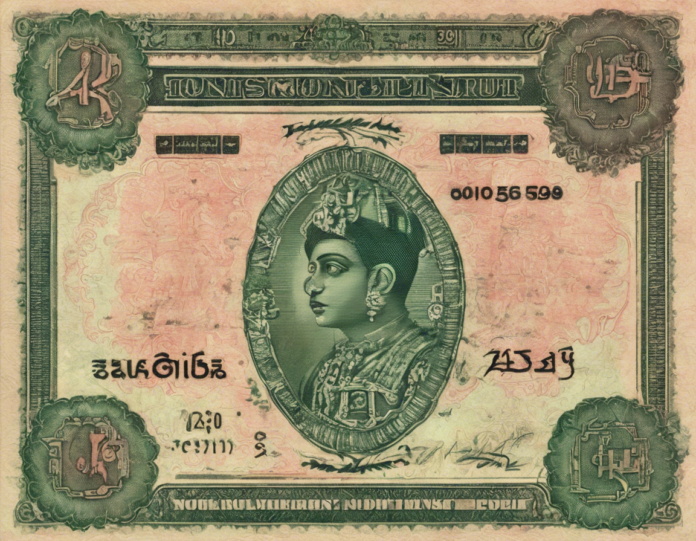Are you looking to convert Malaysian Ringgit (MYR) to Indian Rupee (INR)? Whether you are planning a trip to India, transferring money, or simply curious about exchange rates, understanding the process of converting currencies can be beneficial. In this comprehensive guide, we will explore the various methods, factors influencing exchange rates, and key considerations when converting MYR to INR.
How Exchange Rates Work
Exchange rates determine the value of one currency relative to another. They are influenced by various factors, including economic indicators, geopolitical events, and market speculation. For example, if the demand for Indian Rupees increases relative to Malaysian Ringgit, the INR will appreciate, and the MYR will depreciate, leading to a change in exchange rates.
Methods for Converting MYR to INR
- Bank or Money Exchange: Traditional banks and currency exchange services offer currency conversion services. While convenient, they may charge higher fees and offer less competitive exchange rates.
- Online Money Transfer Services: Platforms like Wise (formerly TransferWise) or Revolut provide competitive exchange rates and lower fees for international money transfers. They are convenient for converting larger amounts.
- ATMs: Using ATMs in India to withdraw Indian Rupees using your Malaysian debit or credit card can be a convenient option. However, pay attention to foreign transaction fees.
- Forex Trading: For more experienced individuals, forex trading platforms offer the opportunity to speculate on currency exchange rates. This method requires knowledge of the forex market and comes with risks.
Factors Influencing Exchange Rates
- Interest Rates: Higher interest rates in a country can attract foreign investment, leading to an appreciation of the currency.
- Economic Stability: Countries with stable economies and low inflation typically have stronger currencies.
- Political Stability: Geopolitical events and political instability can impact exchange rates.
- International Trade: Trade balances and exports/imports influence currency demand.
- Market Speculation: Investor sentiment and market trends can affect short-term fluctuations in exchange rates.
Key Considerations for Converting MYR to INR
- Exchange Rate Fluctuations: Keep track of exchange rate trends to choose an optimal time for conversion.
- Fees and Charges: Compare fees from different providers to minimize costs.
- Security: Ensure the safety of your transactions when using online platforms.
- Documentation: Some services may require identity verification for larger transactions.
- Customer Support: Choose services with reliable customer support in case of issues.
Frequently Asked Questions (FAQs)
1. What is the current exchange rate for MYR to INR?
The exchange rate fluctuates regularly based on market conditions. You can check real-time rates on financial websites, currency converters, or contact your bank.
2. Are there any limits on the amount I can convert from MYR to INR?
Limits may vary depending on the service provider or method used. Banks and legal regulations may impose restrictions on transaction amounts.
3. How long does a typical money transfer from MYR to INR take?
Transfer times can vary depending on the service provider and method chosen. Bank transfers may take a few days, while some online platforms offer instant transfers.
4. Will I need to provide identification for currency conversion?
For larger transactions or to comply with regulations, some providers may require identification documents for verification purposes.
5. Are there any tax implications for converting currencies from MYR to INR?
Tax implications may vary depending on local laws. Consult with a financial advisor or tax professional to understand any tax obligations related to currency conversion.
Converting MYR to INR involves understanding exchange rates, choosing the right method, and considering various factors. By staying informed and comparing options, you can make informed decisions when converting currencies for your specific needs. Whether for travel, business, or personal transactions, being aware of exchange rate dynamics can help you optimize your currency conversions.
